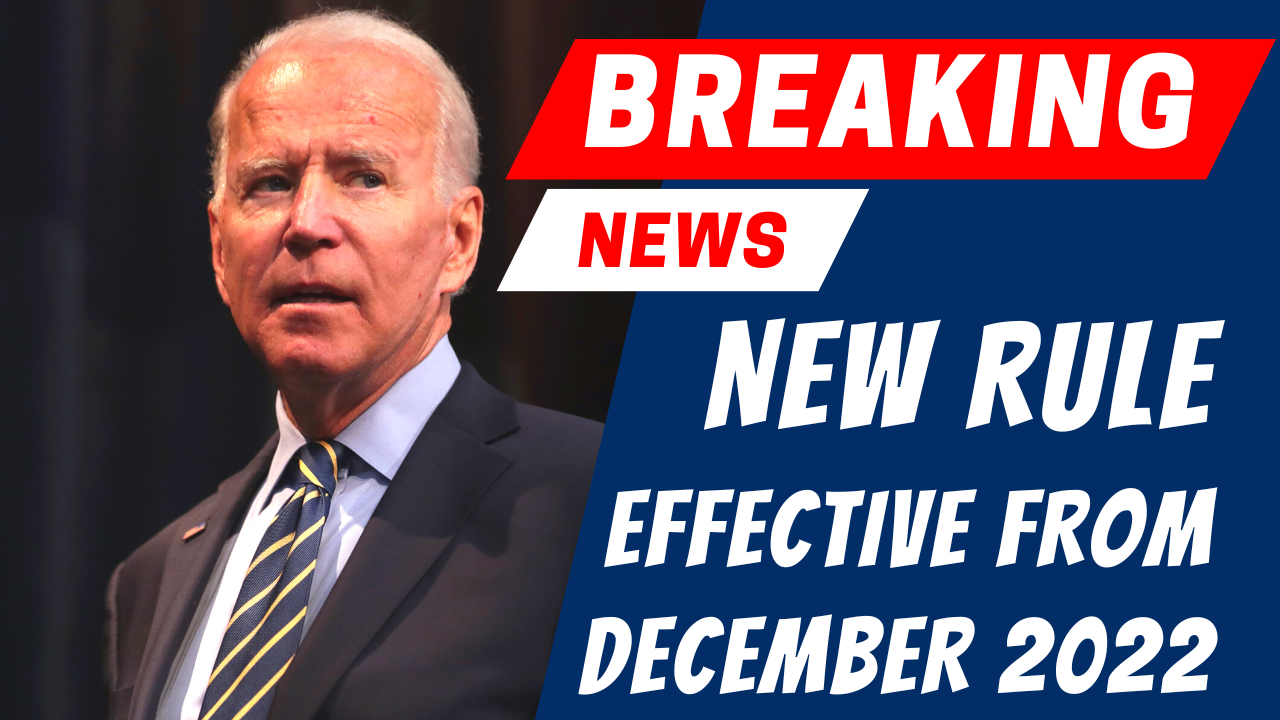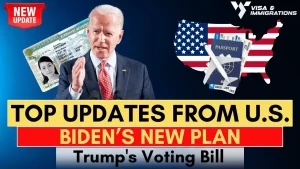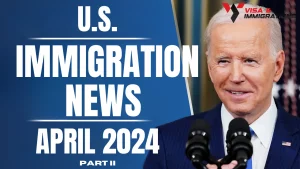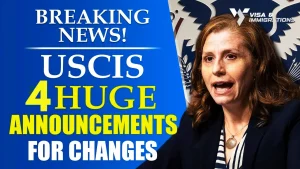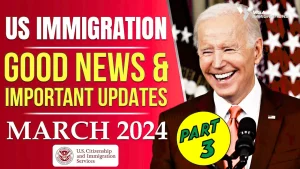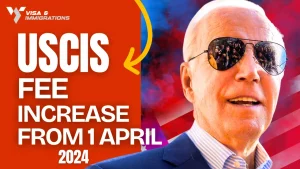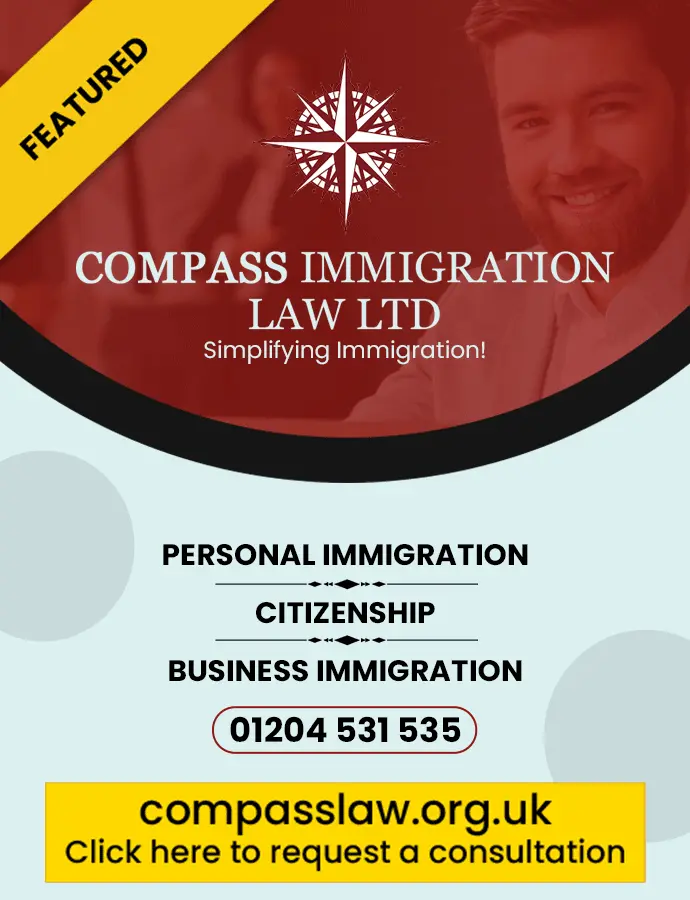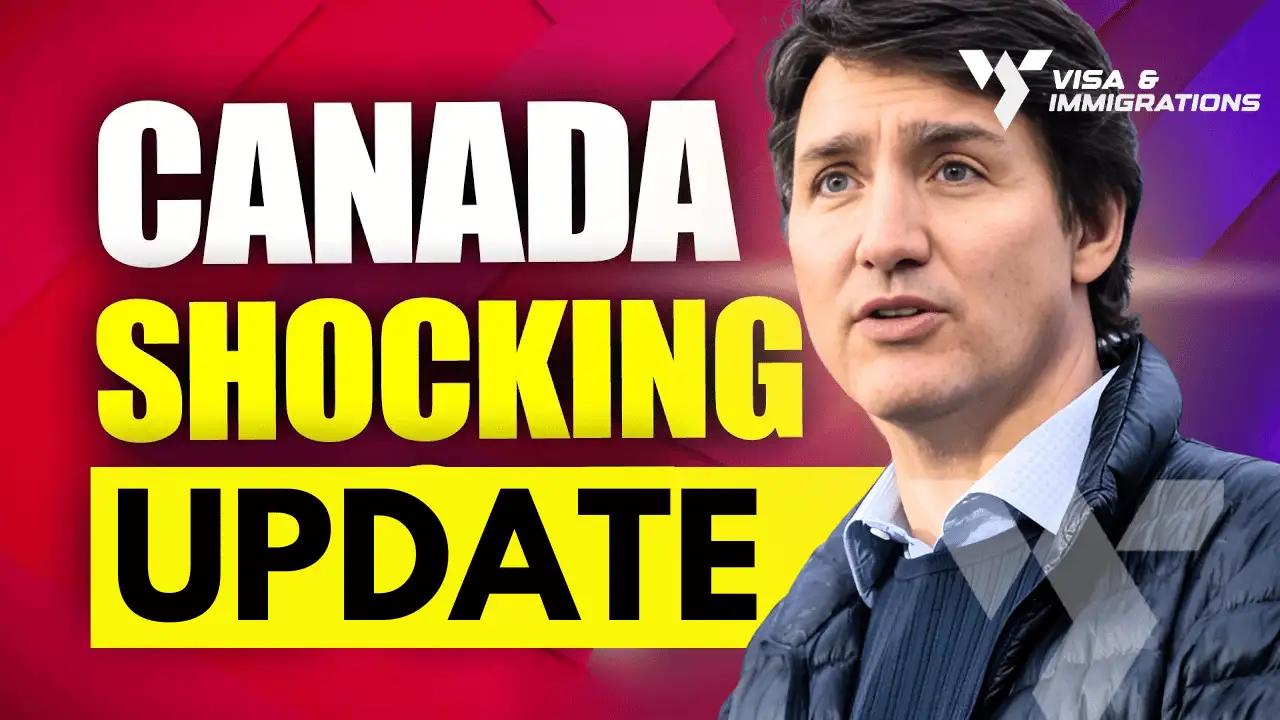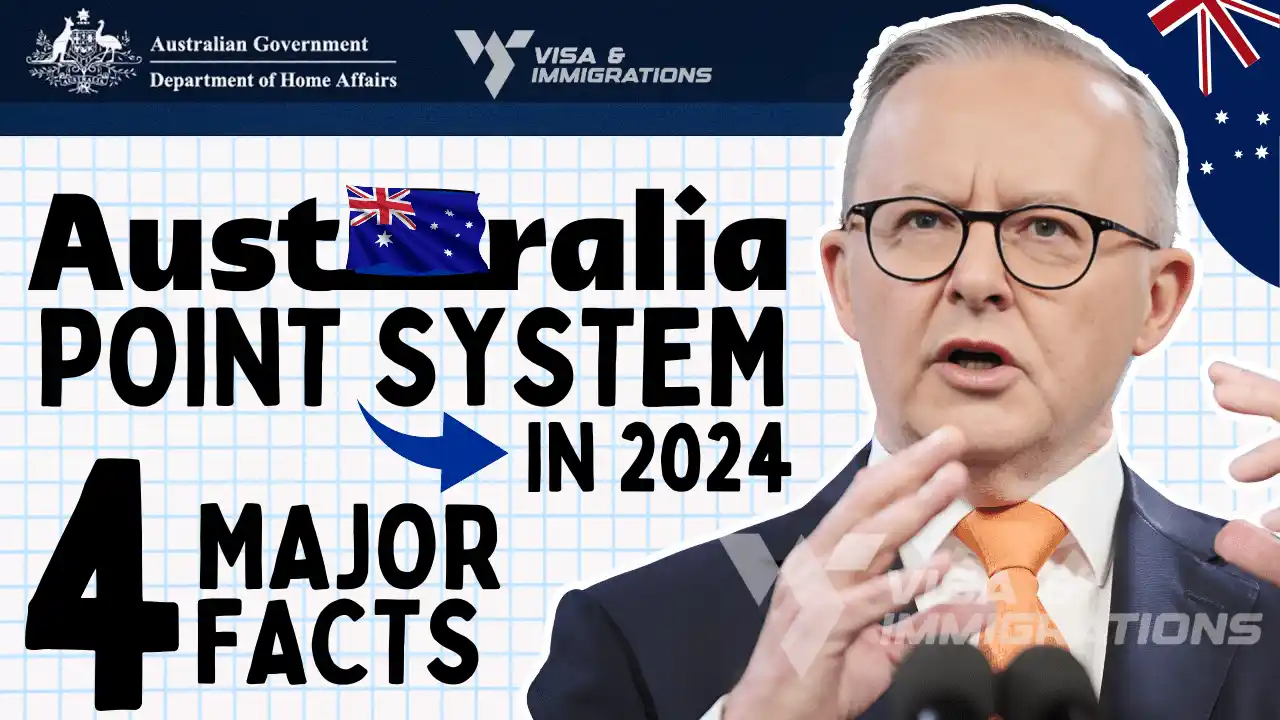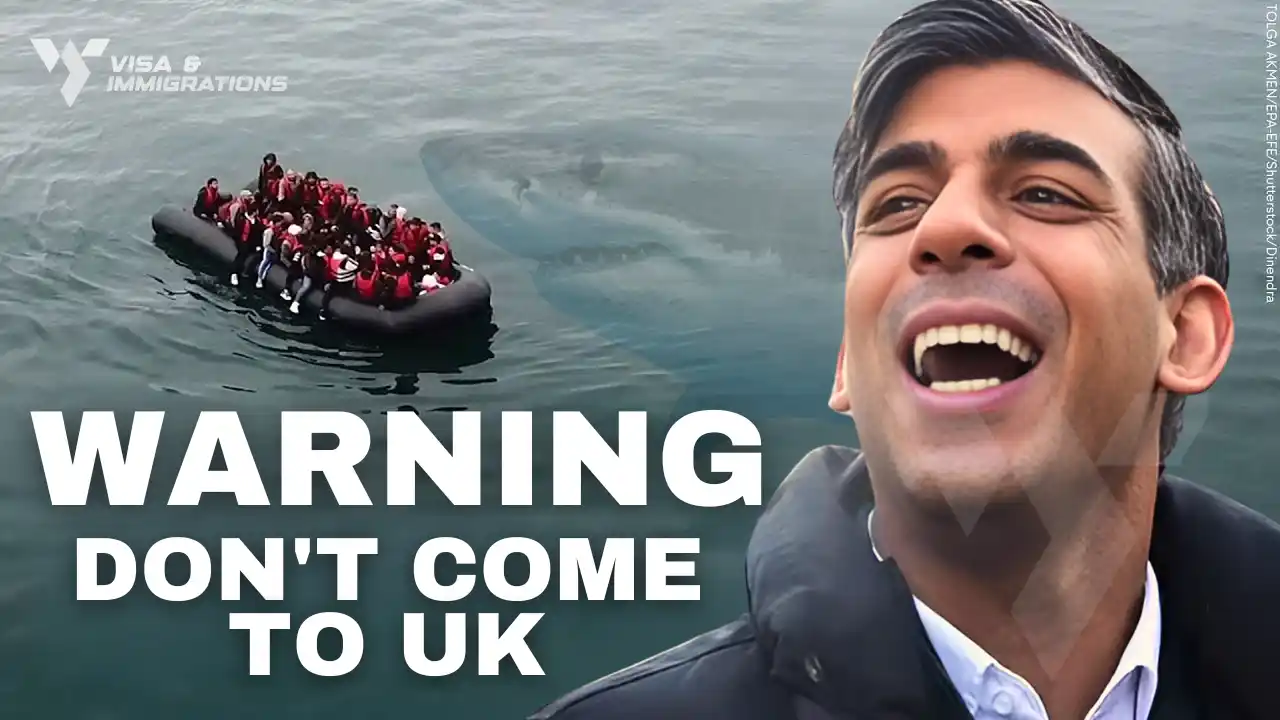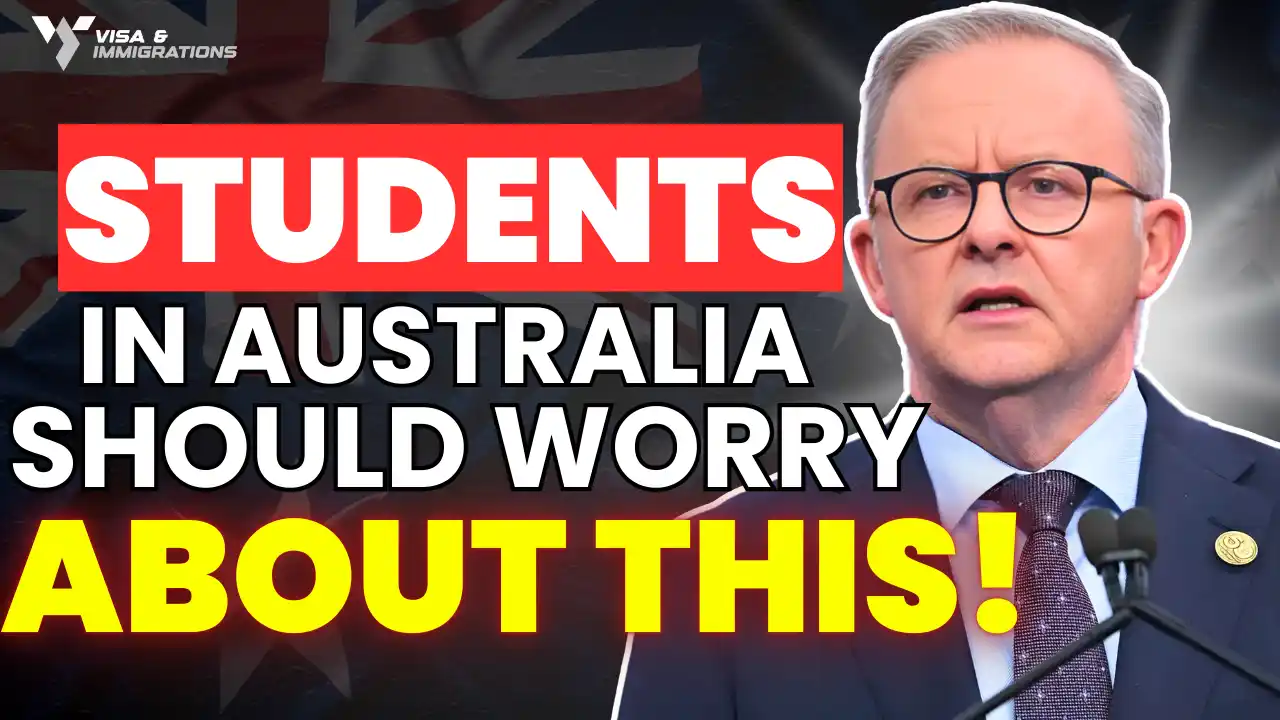The U.S. Department of Homeland Security’s final policy about the changed criteria for an individual to be considered a public charge will be implemented from December 23, 2022. The amendment corresponds with the directives of the Immigration and Naturalization Service (INS) from the late 90s.
What Is A Public Charge?
If a noncitizen relies on one or more public benefits from the U.S. government to live their life, they are considered a Public Charge. A Public Charge could be getting help through long-term institutionalization or public cash assistance at the government’s expense.
Being a public charge is a serious matter and reason for inadmissibility to the U.S. unless an exemption of inadmissibility is allowed. Being a Public Charge is a legitimate reason for authorities to reject an individual’s adjustment of status application to legal permanent resident, visa application, or admission into the country.
Under President Trump’s administration, the Department of Homeland Security had stricter criteria for deciding if a person is a public charge. Due to this, the rule was blocked in several federal courts, and later, DHS abolished the rule in March 2021. The rule was reintroduced in February of this year with changes.
What Are The Conditions For Becoming a Public Charge?
Immigration officials look at several factors to decide an individual’s likelihood of becoming a financial burden to the government, which are as follows:
- Assets
- Health
- Family status
- Financial status and resources
- Education and skills
- Assets
Any other information provided in the Form I-864 Affidavit of Support will also be considered by the authorities.
Will Public Benefits Received In The Past Be Considered?
Based on the finalized rule, when deciding, federal officials will look at any public assistance you might have received in the past or are currently receiving. Public assistance can be in the form of public cash aid, supplemental security income, long-term institutional care at the expense of the government, and many more. If you ever find yourself in this situation, it is in your best interest to consult with an immigration lawyer.
Public benefits that were included in the determining criteria in the Trump administration such as non-cash benefits like food stamps, housing assistance, Medicaid, and credit history will no longer be considered.
The purpose of these modified guidelines is to make the process fairer and simpler while still giving priority to the best interest of the U.S. taxpayer.
DHS will apply section 212(a)(4) of the INA, 8 U.S.C. 1182(a)(4), in a way that will be easily understandable for officers as well as for noncitizens and their families and will lead to just and transparent adjudications, therefore reducing the risk of unjust treatment for individuals in a similar situation.
This is the end of today’s blog update. We hope you found this blog useful. Please don’t forget to support us by subscribing to our newsletter and sharing this blog with your friends and family on Facebook, Whatsapp, and Twitter.
Recent Posts:
- What Is A Family Visa And What Are Its Requirements?
- Numbers Declining For Intra-Company Transfer Visa
- USCIS Begins Third Phase Of Premium Processing Expansion
- Medical Insurance For F1 Visa International Students
- What Are Removal Or Deportation Proceedings?

